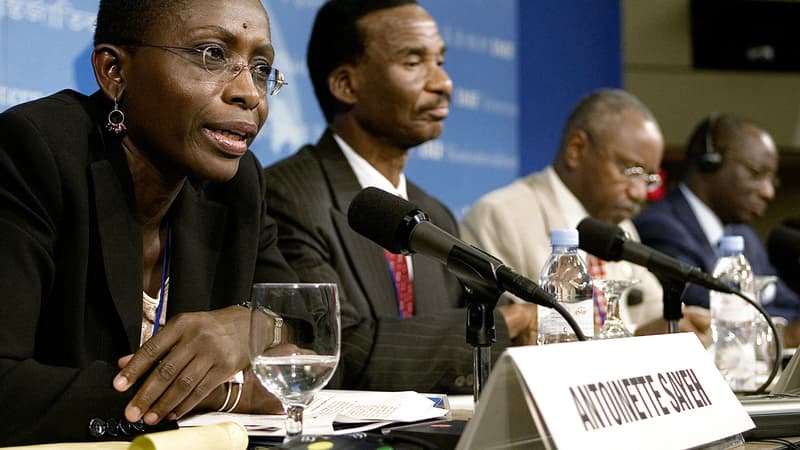IMF member states have agreed to increase their contributions to the global lender and give Africa a third seat on its board, the International Monetary Fund announced Saturday in Marrakech, Morocco. These two points were part of the declared objectives of the annual meetings of the IMF and the World Bank, which are being held for the first time since 1973 on the African continent.
“There was an agreement on a significant increase in quotas by the end of the year,” Nadia Calviño, the Spanish economy minister who chairs the IMF’s financial committee, said at a news conference. Quotas, which are based on the size of a country’s economy, determine the amount of funds a state must provide to the IMF, its voting power, and the maximum amount of loans it can obtain.
Advanced economies benefit
This week, the general directive of the IMF, Kristalina Georgieva, and the president of the Banque Mondiale, Ajay Banga, will press the members to intensify the financing of institutions so that they can help support the States in the fight against poverty and climate change.
The agreement on quotas is “very comforting,” Kristalina Georgieva welcomed. The goal is to “financially strengthen the Fund so that we can intervene in the event of an additional crisis.” Asked if the IMF would change the distribution of votes, the managing director said: “members agreed that this would be the next step and that there would be a clear path and plan to get there.”
Currently, the distribution of quotas favors advanced economies, particularly European countries, to the detriment of large emerging countries, led by China and India, which have been calling for a reform of the system for several years. But Western countries, while saying they are open in principle, are actually resistant to the idea, fearing that it will strengthen China’s role within the IMF.
Africa gets an extra seat
“At a certain point, a review of quotas will be inevitable,” Bank of France Governor François Villeroy de Galhau said Wednesday in Marrakech. But “the emerging countries that will benefit” from such reform, “particularly China, must also accept the common rules of the game,” he insisted.
Although the distribution of votes was not changed, the IMF agreed to expand its board of directors from 24 to 25 members, in order to give an additional seat to Africa, which until now occupied two. “Despite all the difficulties, I can only congratulate our members for having found this path of solidarity, on which hundreds of millions of people depend,” said Kristalina Georgieva, stressing that the decision was “unanimous.”
Source: BFM TV


